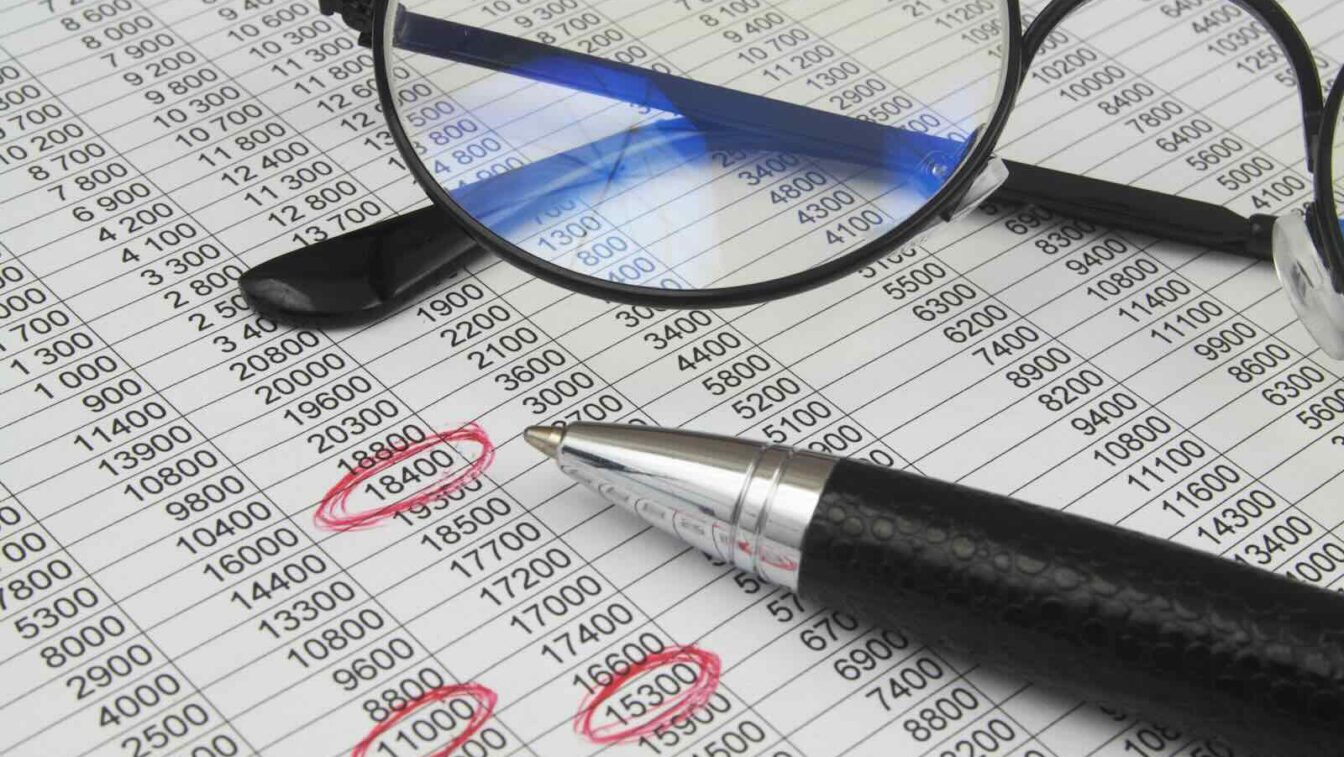PropSwap CEO Details What Happened In Eagles Super Bowl Bet Controversy
But all’s well that ends well, as parties agreed to $6K settlement — with more maybe to come
3 min

UPDATE: Moments after this story was published, a resolution to the dispute was reached. The following is an updated version of the original story.
The PropSwap controversy now has a (somewhat) happy ending.
The controversy: A Philadelphia Eagles Super Bowl bet that left a user claiming he was short-changed nearly $13,000.
The dispute, which exploded on X this week, centers around a user known as “The Cat” who purchased a betting ticket in December for $5,400 that would pay $38,292 if the Eagles won the Super Bowl — which they did.
However, The Cat claims he only received $25,711, leaving him $12,581 short of the expected payout.
This happened because of a mistake by the seller that wasn’t caught at the time by PropSwap (more on this in a moment, in an exclusive interview with PropSwap CEO Luke Pergande).
After much hand-wringing — and a little bit of upset at the X commenters who may not appreciate what PropSwap is, exactly — Pergande has decided to give The Cat an additional $6,000 out of pocket. And in a P.T. Barnum-esque marketing move, Pergande said he will give The Cat all the kitty if PropSwap gets 1,200 new deposits on Thursday of any amount.
But that, too, is not going over particularly well on social media.
The controversial Eagles bet
Regarding the specific case with The Cat, Pergande shared details of what went wrong.
“He had a parlay … it hinged on the Eagles to win the Super Bowl, and he sold it in December,” Pergande said of the original seller. “The Cat bought it for about $5,500.”
The crux of the issue involves taxes on high-odds bets — something both PropSwap and the seller apparently overlooked in this instance.
“Nobody gets taxes withheld in sports betting unless your odds on the original bet are greater than 300 to 1,” Pergande explained, noting that the original parlay bet had odds greater than 300 to 1. “This was a New York bet. And the state of New York held an additional 8 percent. Federal withholds 24 percent.”
As a result, Caesars, where the bet was made, paid the seller only $25,000 and change after taxes — significantly less than the $38,292 gross payout that had been listed on PropSwap.
“Caesars paid him the $25,000 and he sent that to us,” Pergande said. “But he agreed that if the Eagles win, he’s gonna pay us what he listed it for, so that’s the point of contention.”
An honest mistake
Pergande doesn’t believe there was evil intent from the seller.
“We tell everybody on Zoom and over email: If you are posting your bets with greater than 300 to 1 odds, you have to post your bets post-tax, not pre-tax,” he said. “He did not do that. It was a mistake. I don’t think he was being malicious. I think he looked into his app, and his Caesars app said $38,000, so he posted for $38,000.”
As a result of this incident, Pergande has hired someone whose specific job is to review every single bet posted to look for those 300 to 1 outliers.
“If we find one, the seller will get an email saying, ‘Hey, we’ve delisted your ticket. You need to repost it as post-tax,'” Pergande said.
How PropSwap works
Pergande began by explaining the fundamental mechanics of PropSwap, which started as a marketplace for paper betting tickets before evolving to accommodate the digital era.
“We started with paper tickets a super long time ago, 10 years ago,” Pergande explained. “You have a ticket from the MGM Grand, you bet on the Chiefs to win the Super Bowl preseason, Chiefs go on a run, they go from 10 to 1 to 2 to 1. You sell that $100 ticket from MGM for $500 and we charge a 13 percent fee on the sale of the ticket.”
The business model is straightforward: “Seller pays us 10 percent, buyer pays us 3 percent, and we get the ticket. Then if the ticket wins, we send it to the final buyer in the mail. He or she sends it to MGM Grand. MGM Grand mails them a check for the $1,100.”
Of course, when it comes to online betting, there are no paper tickets. PropSwap adapted.
“With mobile bets, we’ve had to figure out how to attack mobile,” he said. “So we came up with a contract that basically says if your bet wins, you will pay PropSwap the correct amount of the bet.”
This system allows sellers to get paid immediately when their bet sells, with the understanding that if the bet ultimately wins, they’re contractually obligated to pay PropSwap the winning amount, which then gets forwarded to the buyer.
“And 99.88 percent of the time, it works great,” Pergande said.






